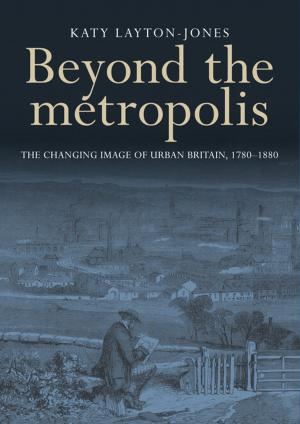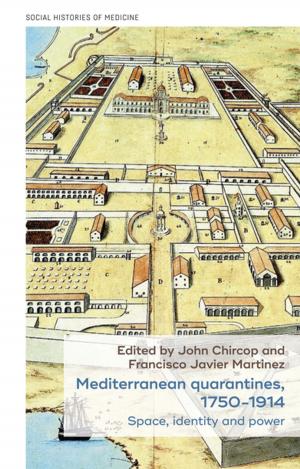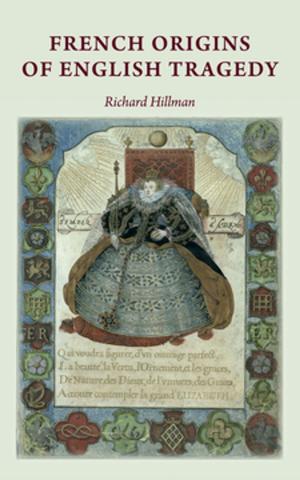Female imperialism and national identity
Imperial Order Daughters of the Empire
Nonfiction, Social & Cultural Studies, Social Science, Gender Studies, Women&, History| Author: | Katie Pickles | ISBN: | 9781847795625 |
| Publisher: | Manchester University Press | Publication: | July 19, 2013 |
| Imprint: | Manchester University Press | Language: | English |
| Author: | Katie Pickles |
| ISBN: | 9781847795625 |
| Publisher: | Manchester University Press |
| Publication: | July 19, 2013 |
| Imprint: | Manchester University Press |
| Language: | English |
Through a study of the British Empire’s largest women’s patriotic organisation, formed in 1900, and still in existence, this book examines the relationship between female imperialism and national identity. It throws new light on women’s involvement in imperialism; on the history of ‘conservative’ women’s organisations; on women’s interventions in debates concerning citizenship and national identity; and on the history of women in white settler societies. After placing the IODE (Imperial Order Daughters of the Empire) in the context of recent scholarly work in Canadian, gender, imperial history and post-colonial theory, the book follows the IODE’s history through the twentieth century. Tracing the organisation into the postcolonial era, where previous imperial ideas are outmoded, it considers the transformation from patriotism to charity, and the turn to colonisation at home in the Canadian North.
Through a study of the British Empire’s largest women’s patriotic organisation, formed in 1900, and still in existence, this book examines the relationship between female imperialism and national identity. It throws new light on women’s involvement in imperialism; on the history of ‘conservative’ women’s organisations; on women’s interventions in debates concerning citizenship and national identity; and on the history of women in white settler societies. After placing the IODE (Imperial Order Daughters of the Empire) in the context of recent scholarly work in Canadian, gender, imperial history and post-colonial theory, the book follows the IODE’s history through the twentieth century. Tracing the organisation into the postcolonial era, where previous imperial ideas are outmoded, it considers the transformation from patriotism to charity, and the turn to colonisation at home in the Canadian North.















